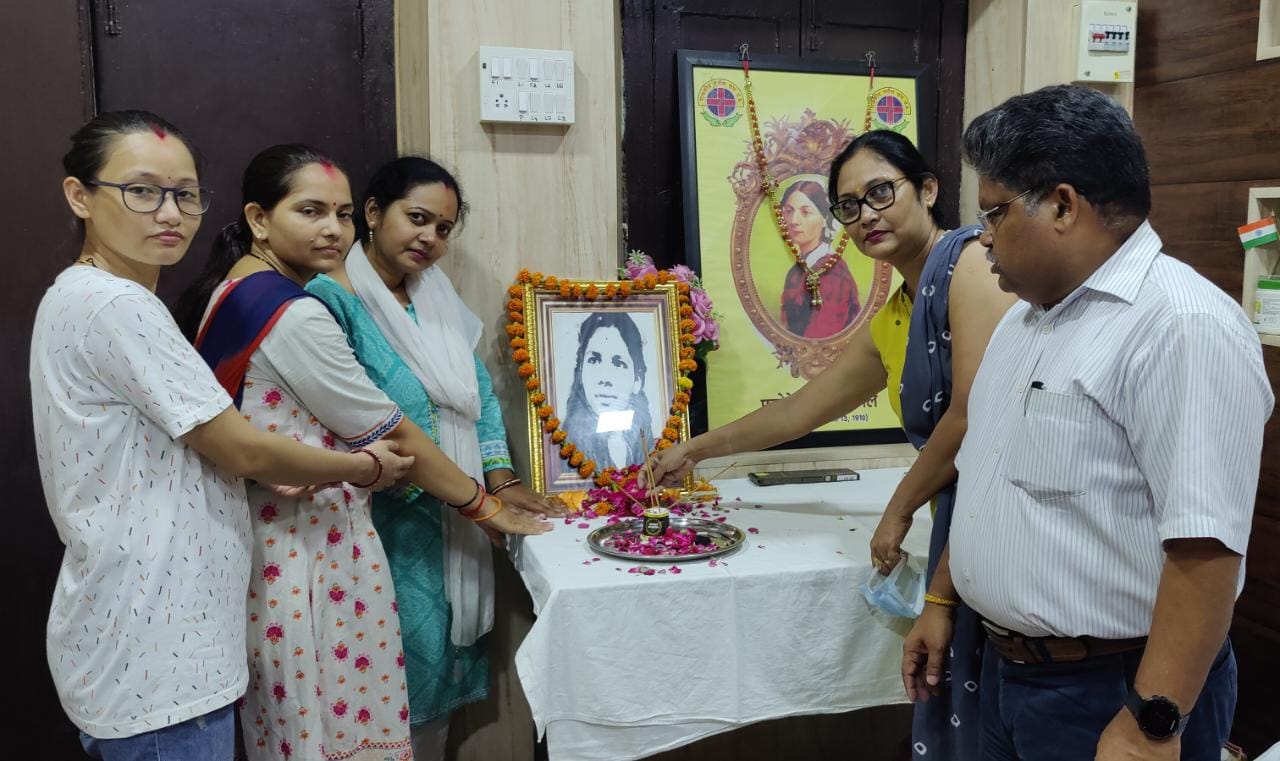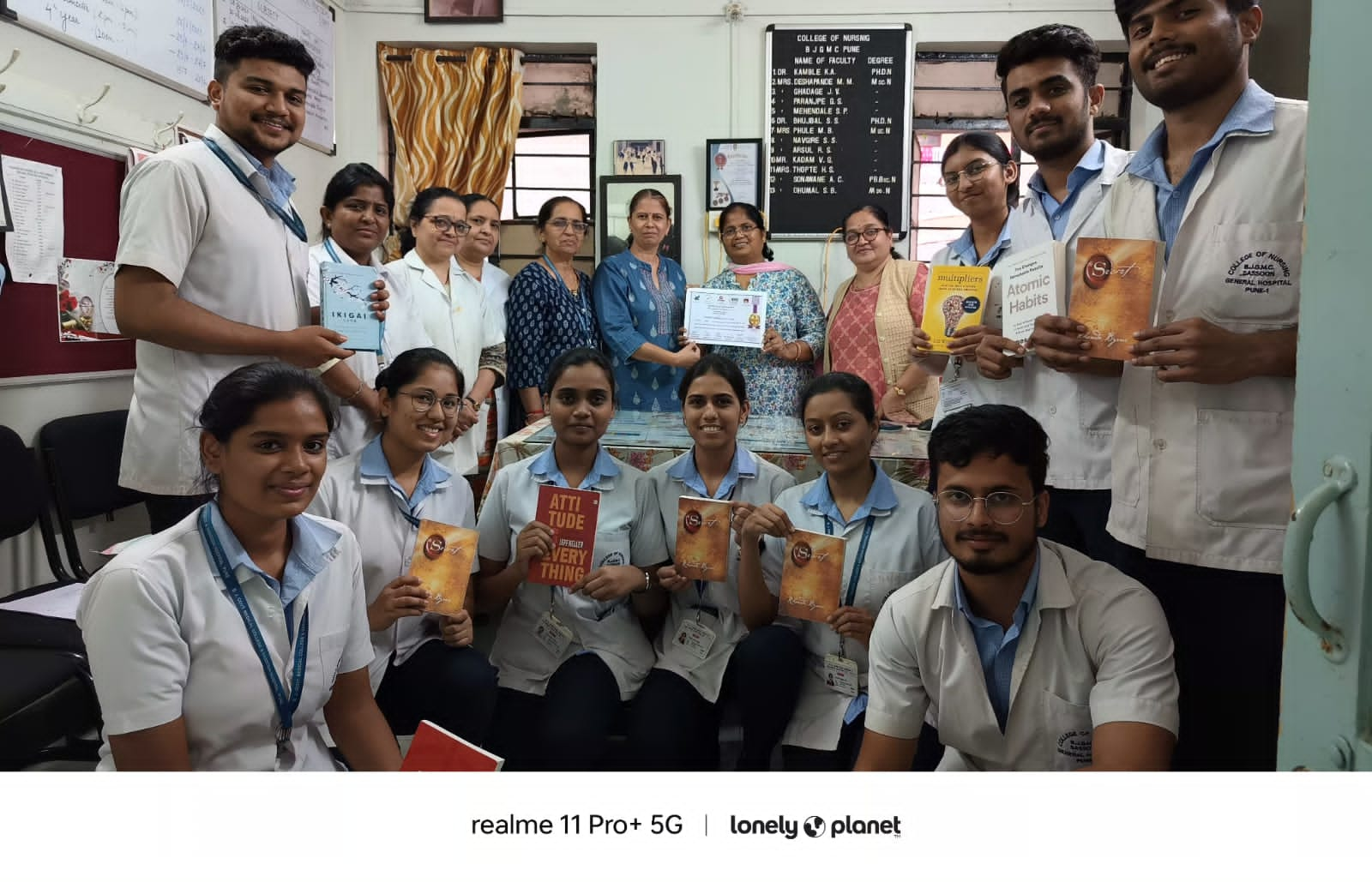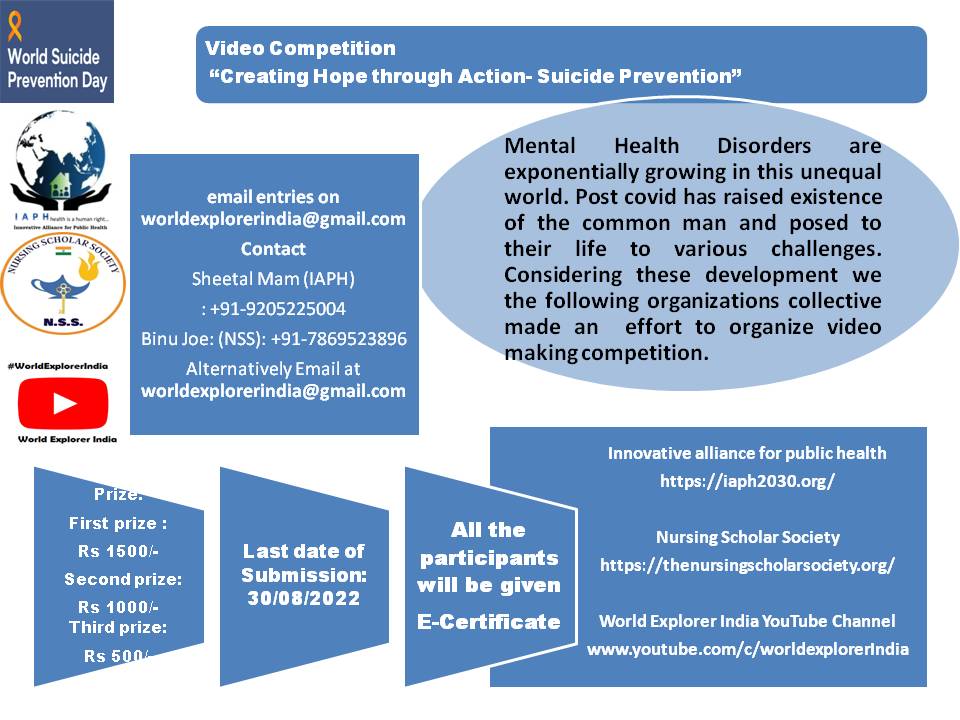Aruna was a nurse working at KEM hospital, Mumbai, and was sexually assaulted by one of the contractual service personnel at working place. She was bedridden at this hospital for four decades. She represented an educated lower-middle-income family. She was appreciated but often also humiliated for her assertiveness in the workplace.
Innovative Alliance for Public Health (IAPH) initiated a virtual gathering in memory of Nurse Aruna, and to evaluate whether conditions at work have improved or not in the 21st century.
Dr. Maya John, representing United Nurses India (UNI), connected the issue of rampant workplace violence, including sexual harassment and sexual violence faced by frontline healthcare workers like nurses to the widespread undervaluing of nursing, lack of safety audits of workplaces, the acute shortage of nurses in most healthcare institutions and the resulting phenomenon of overworked nurses. Such conditions, John argued, do not allow for proper healthcare of patients, which in turn triggers friction between nursing staff, anxious patients, and their attendants. She also highlighted that the vulnerability of nurses in India also stemmed from the growing privatization of nursing education that compelled many to take up low-paying, insecure nursing jobs in the private sector in order to pay back loans. Most private sector hospitals do not have internal complaints committees to adjudicate sexual harassment complaints of nurses, and in government hospitals where such committees exist, justice is much delayed. She condemned the suspension of Harish Kumar Kajla, AIIMS Nurses Union leader. The AIIMS nurses’ union leaders have registered protests against the change in the shift timing from 8 pm to 9.30 pm. The majority of the nurses are residing more than 10-20 kilometers away from hospital premises and need more than hours to reach back home. Extension of evening duty makes it more tedious for nurses to reach their home at night, and rather than addressing the genuine concern, it was shocking to see the hospital’s victimization of nursing leaders.

(Source: Rashtriya Nurses Sangh Uttarpradesh (RNSUP), union members in the presence of Mr. Ashok Kumar (General Secretary) observed the death anniversary of Aruna Shanbaug at a public hospital, Lucknow, UP.)
Dr.Swati Rane, Founding vice president, of CNRS recalled her student life and the care given to Aruna in KEM. She feels that the working conditions of nurses at these hospitals are not changed. Women and female health workers on this campus and in many other health institutions lack basic facilities like washrooms and dressing rooms. She enforced to initiate gender sensitization from the first day of courses and teach how to raise their issue and advocate for themselves and other colleagues.
Santosh representative of the Innovative Alliance for Public health concluded that there is a need for everyone to act at the individual, institutional and societal levels. Educating and raising voices via the proper existing body at an institution, listening to fellow collogues who are under stress, and assisting her. At the societal level, there is a need to connect our issues and struggles to larger movements of women, contractual health workers, and others.







Well Done..